Burundi
The United Nations Committee against Torture (CAT) is due to conduct a special review of Burundi on July 28 and 29 in Geneva.
The review is in light of information it has received about the deteriorating human rights situation in the country.
CAT members and a Burundian delegation, headed by the Minister of Justice, will discuss issues specified in the Committee’s written request for a special report sent to the Burundian government in December last year.
Among others, they will be seeking responses to:
Steps taken to investigate summary executions, arbitrary detention, torture and ill-treatment of opposition members, journalists, human rights defenders, and those considered as supporting the opposition since 2015;
Progress in investigations regarding the attack against human rights activist Pierre-Claver Mbonimpa in August 2015, the kidnapping and murder of his son Welly Nzitonda in November 2015;
Investigations into allegations of torture committed by the National Information Service;
Investigations into killings and acts of torture allegedly carried out by members of the Imbonerakure;
Measures taken to implement the Committee’s previous recommendations issued in 2014, when Burundi was examined under the regular review process.
The two-day review will take place at Palais Wilson in Geneva and would be webcast live at webtv.un.org. The Committee will also hear from representatives of Non Governmental Organizations (NGOs).
President Nkurunziza’s decision to seek a third term as president led to a political unrest since last April. He went on to win elections in July 2015 and was subsequently sworn in as president.
Rebel groups have been making the country ungovernable with tit-for-tat assassinations and running grenade and gun battles that have killed more than 450 people and forced over 250,000 people to flee the country.
The latest assassination was of a former minister who is considered a close ally of Nkurunziza, Hafsa Mossi, who was murdered in the capital Bujumbura. The action led to widespread condemnation by the government and international bodies.
The European Union (EU) suspended financial support to the Nkurunziza led government in March asserting that the president had failed to do enough to resolve ongoing political and economic crisis.



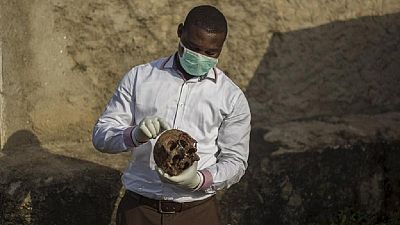

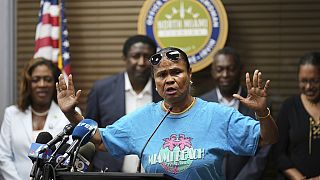

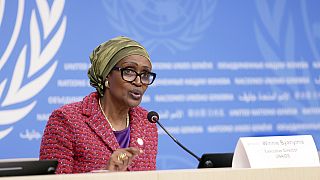
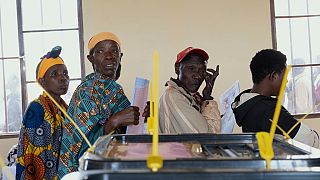
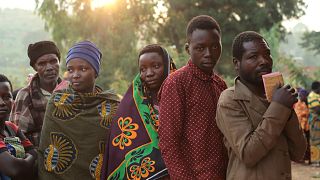
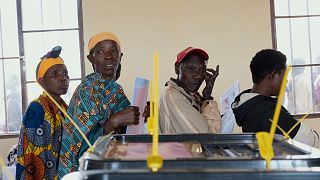


01:22
World will have to learn to live with heatwaves, UN says
01:39
Sustainable development financing conference opens in Seville
01:35
UN and Haitian officials mark one year since Kenyan police arrived to support security efforts
01:42
Gaza residents welcome rare organized aid delivery after months of chaos and hunger
01:11
Burundi calls on United Nations to recognize 1972 genocide against Hutus
01:50
UN urges renewed political and climate action in Libya amid humanitarian and governance crises